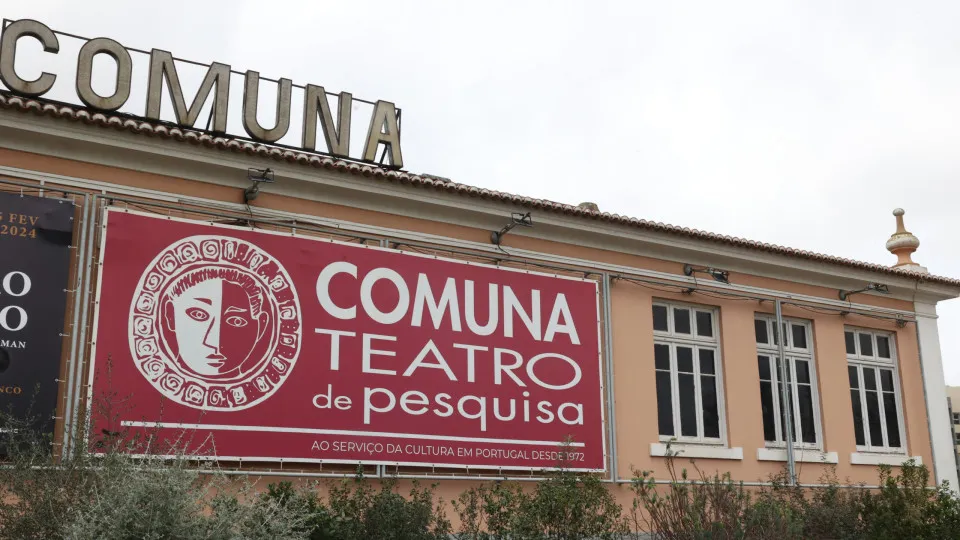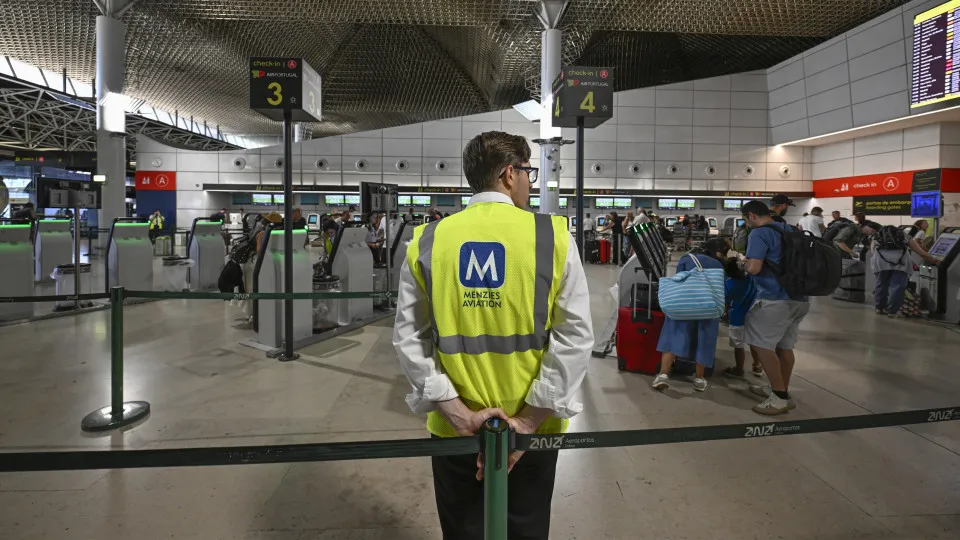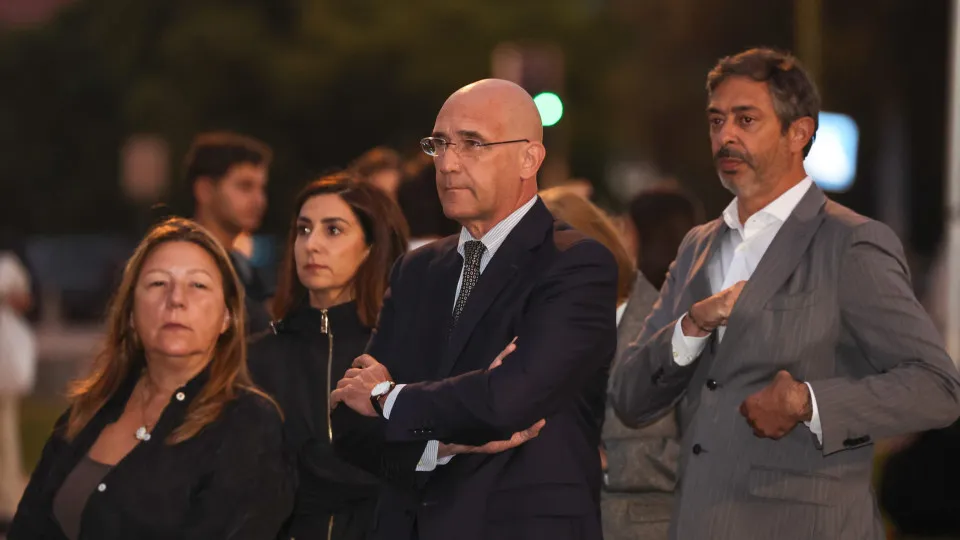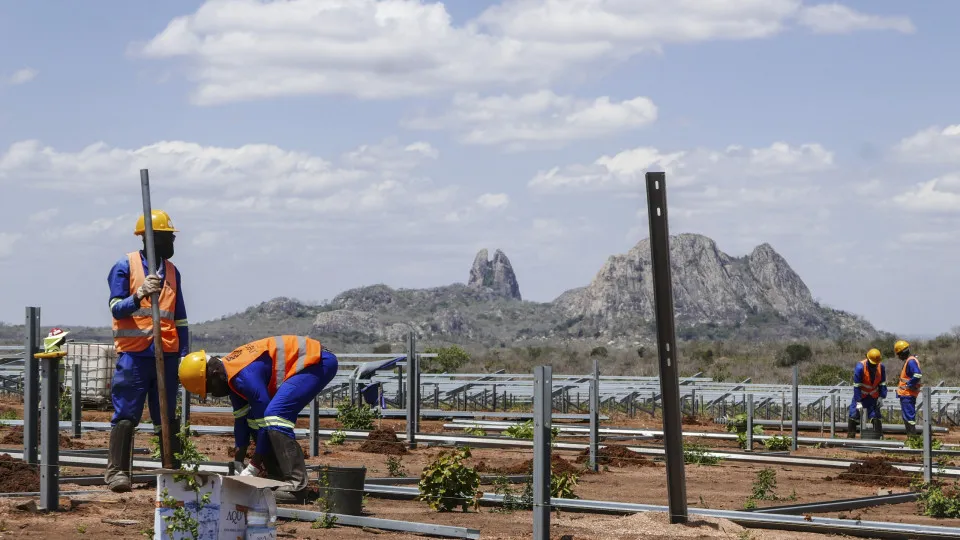
The play “O arquiteto e o imperador da Assíria” by Arrabal, directed by João Mota and starring Álvaro Correia and Carlos Paulo, is now showing at A Comuna – Teatro de Pesquisa. This production arrives at a time when wars persist globally and a figure akin to Mandela or Luther King is absent, according to Mota.
Mota expressed that there is no global presence of influential figures similar to Mandela or Luther King. The play, a hallmark of Absurd and Cruelty Theatre, contrasts themes like the primitive and the civilized, power, politics, identity, and social criticism.
Written in 1967 by the Spanish playwright and director, exiled in France since 1955, the play features two male characters engaging in a series of nonsensical sketches, lacking a continuous narrative.
Human nature, the condition of humanity, and themes of dominator and dominated are central to the play. Mota describes it as “a children’s game from start to finish,” reflecting the “whirlwind and frantic race” of modern societies returning to primal states.
Mota pointed out that in today’s society, dreams seem nonexistent, quoting a line from the play: “When I was young, everything was different, and I had dreams,” where the constant presence of a mother is seen as “deeply psychiatric.”
Mota believes the play demonstrates a “capacity for commitment” absent in today’s so-called civilized societies. Though present in the play, the dynamic of dominator and dominated results in the latter losing “all sensitivity and dreams.”
Featuring music from the film ‘Viva la muerte’ (1971), a long play about Francoist oppression during the Spanish Civil War, the setting is an island where the architect, the native, resides alone.
The setup includes a primitive hut, a chair, a chest, and a sandy floor. Shortly after, an airplane noise, an explosion, and flames occur, marking the arrival of the emperor, who claims to be “the sole survivor of the disaster.”
The characters cohabit for two years, with the Assyrian emperor teaching new things to the architect while constantly dominating and ignoring the latter’s abilities, like making mountains vanish or controlling day and night.
Mota emphasized, “This is a game, a game for two actors…they seem like sketches but follow a larger thread with a mother behind it all.”
“We are not born to be protagonists but to be with each other; even in theater,” Mota emphasized, symbolizing the daily embodiment of human nature and condition.
Addressing present realities, Mota remarked, “What we currently lack the courage to do,” linking Arrabal’s work to the era of the “panic movement aimed at destruction.”
Mota expressed that this play does not self-destruct but creates a new element of personal improvement. However, another person emerges as “the only survivor who will dominate others anew.”
The play is staged in the new theater until December 14, with performances on Wednesdays and Thursdays at 7:00 PM, Fridays and Saturdays at 9:00 PM, and Sundays at 4:00 PM.
Translated by Luis Vasco from the 1992 edition published by literature academic journal Esterno, the play features Rogério Vale and Francisco P. Almeida.
With Miguel Sermão and intern Madalena Nestório assisting in direction, the play includes lighting design by Paulo Graça, sound environment and design by Hugo Franco, and set design by Renato Godinho and João Mota.
Light and sound operations are managed by Hugo Franco and Bruno Simões.




